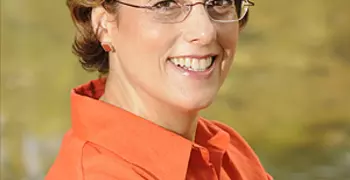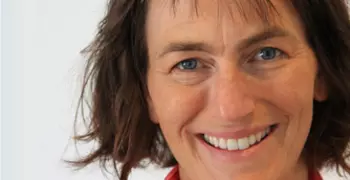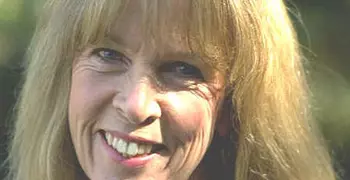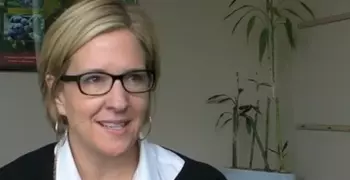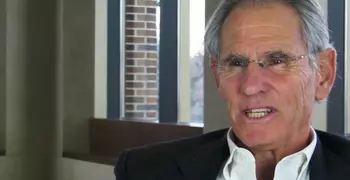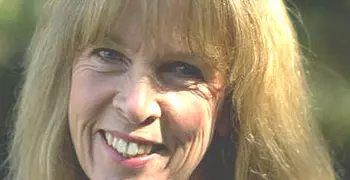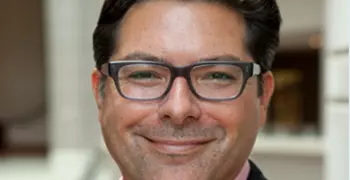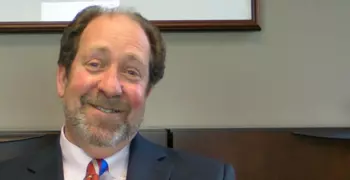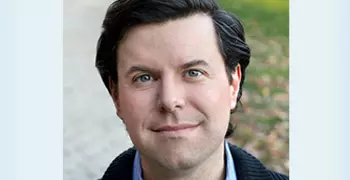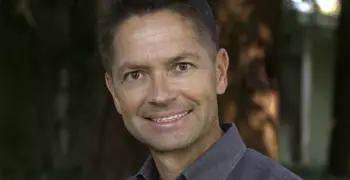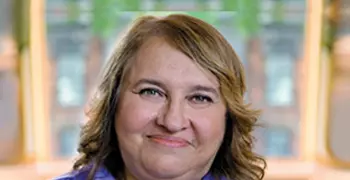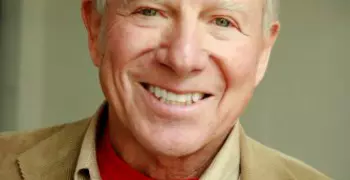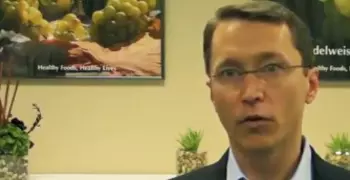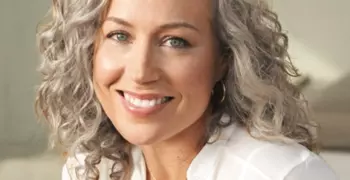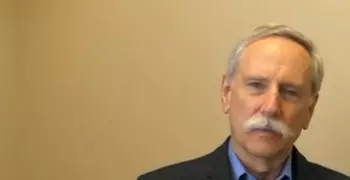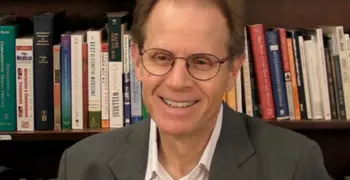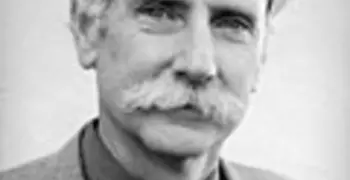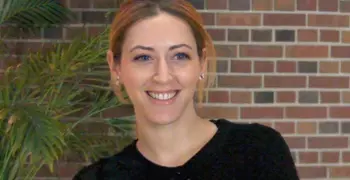Thomas Moore is the author of the bestselling book Care of the Soul and fifteen other books on deepening spirituality and cultivating soul in every aspect of life. He has been a monk, a musician, a university professor, and a psychotherapist. Today he lectures widely on holistic medicine, psychotherapy, and ecology. He writes regular columns for Resurgence, Spirituality & Health, and Beliefnet.com. During a recent program, “Healing through Illness: Celebrating Life & Art” sponsored by the Center for Spirituality and Healing and Zenith Services, Moore spoke on “How to be Healed by Your Illness.”
Will you briefly describe your area of expertise?
Moore: I have a PhD in religion. Early on I had studied Catholic theology but my PhD studies were in world religions. I was especially interested in the religious questions -- the questions of meaning, of value, of the mysteries that people have to deal with and how they turn up in literature, the arts, as well as in religious traditions and then how those questions are worked out in peoples’ everyday lives. I also studied counseling and psychology and became a psychotherapist. My areas of expertise are psychology, world religions, mythology, and questions of the symbolic aspects of culture.
I’ve been very interested in the psychology of religion because they overlap a great deal. When teaching in the university my courses were offered as both psychology and religion courses.
I was very interested in the common elements of religions and the phenomenology of religion -- not as a belief system but as a phenomenon. You try to look and see how people around the world express their religious feelings, and how they are different and how they are the same. Very often the religious questions don’t look religious at all. You’ll find them in sports, in business, and in politics.
A football game is like a religious ritual. You’re out of bounds if you step outside the marked borders. In religions it’s the same. Sports follow almost all the rules of ritual. Football is a battle between two different forces, places that represent cities. People get very involved because it’s a very deep symbolic struggle. I think sports play out our many deep inner tensions.
How did you become interested in this field?
Moore: I left home when I was 13 to study to be a Catholic priest. I’ve been interested in religion my entire life. I was also interested in music and the arts, so religion and the arts have been with me from the very beginning. I discovered by reading Carl Jung that it’s possible to do psychology in such a way that it really draws on the religious symbols. My interest in what I’m doing right now goes way back. I didn’t start writing until quite late. The first book I wrote was when I was 35. Since then I’ve written 19 or 20 books. I have 15 or 16 published. They’re long difficult books. I look for insight and it’s hard to do that.
You talk and write about “healing through illness.” Can you explain what this is?
Moore: When people get a serious illness they go through a lot of changes. Relationships to family members change. Friends become very disturbed. Work is threatened or suffers or ceases. An awful lot of things happen to a person when they become ill beyond just the physical condition. One of the things people do is struggle with how to maintain their identities. With cancer they may lose their hair. All those things have a social impact.
Out of all that comes a deepening -- not automatically – but a gradual deepening of their sense of who they are as a person. Illness is an opportunity to ask difficult questions. People ask what is important and what isn’t. By working through these things they are healed of many of the problems they had.
Can you give an example or an anecdote?
Moore: A few years go I had a neighbor who had a pain in her lung. At the same time I had sharp pains in the area of my lungs. She found out that she had lung cancer. I found out I had pneumonia. We were in touch with each other a lot. She went through a period of time where she went to various experts, traveled to various cancer centers, and started going to all sorts of non-traditional healers. She talked to her friends, she read things she’d never read before. One day she came to me and she finally looked peaceful. She said: ‘I’m healed.’ I didn’t know what she meant at first. She said: “I know I’m going to die from this. It’s ok now. I’ve talked to my family. I’ve made peace with myself. I’m ok now. I’m healed in ways I never would have thought.’
She went through this period of discovery and acceptance. Some people moralize whenever a person goes through denial at the beginning. I hear this all the time in hospitals and it bothers me. Who are they to judge these people? It makes me angry. It’s ok for people to deny. It can be very normal and very useful. Denial is part of the process you go through. It’s a way of saying you really don’t want to die.
What are some specific things that people with serious illnesses can do to help themselves heal?
Moore: They should follow their intuition first of all. If their inclination is to trust the medical world, they should. It could be very valuable. If their inclination is to seek out alternative and complementary medicines, they should and feel good about it. Another good step would to be to find someone – a friend, counselor, priest, a rabbi – someone who they can trust and confide in. They have to decide who this person is for themselves. This movement toward congruence and honesty with saying how we feel is an important step. Sometimes families will try to cover up and won’t talk. Sometimes medical people won’t talk straight. The patient can set the tone. Be honest.
Some people have turned to writing. People have written about their illness, and it’s important for them and important for those who read their experience. Writing expressively would be really valuable.
What are some common mistakes people make that might prevent healing?
Moore: Sometimes people don’t trust themselves. They put too much trust in their doctor or in modern medicine. They don’t trust themselves if they have a question or if they’re not being treated well. They put too much faith in the system around them. You’ve got to think for yourself. You don’t want to surrender yourself completely. Keep your wits about you.
Another thing is that they don’t really understand that their illness is not just a physical thing. It’s not just your body, as modernistic philosophy suggests. A human being is never just a body. A person really needs to take care of themselves emotionally and spiritually. If they don’t do that they’re liable to inhibit healing. Insufficient support and an unrealistic vision for themselves can also inhibit healing. It’s really important to go beyond the physical.
Today in most big healing centers all over the world, the people who represent the spiritual realm -- priests, pastors, chaplains, rabbis, imams, other healers – are becoming very interested in healing with illness. People want to be taught how to be healed through illness. It’s no longer sectarian, at least in the major places. The people doing the spiritual counseling are working as teams and not emphasizing spiritual differences. Generally they’re able to cross the lines and work together. A person does have resources that they didn’t have before.
And there are books, movies, and music. I hope that the hospitals offer more of these resources in their libraries. People are desperate for something. I get emails from people every day. People ask for chapters of books. They say: ‘Give us anything of all that will help us get through this.’ What is your next professional endeavor?
Do you have any new projects planned?
Moore: My main work is as a writer. I come out of my little cave to talk but my main work is to sit home and write.
I have two books finished now. One is Opus: Finding your Life’s Work, which will help people find work that makes them feel their life is worth living, which defines them and is deeply satisfying. It’s about your odyssey of trying to find your life’s work. It will be out next fall.
I’ve also finished a book on Jesus and the Gospels. It’s a new translation about the true soul of Jesus. It’s a very different take on who Jesus was and what he was all about. I did all those translations of the Gospels. I have a huge library amassed and I’ve tried to do it carefully. I usually write a book in a year and this book took three years. My ideas are subtle. I don’t know if people will see how radical they are.







